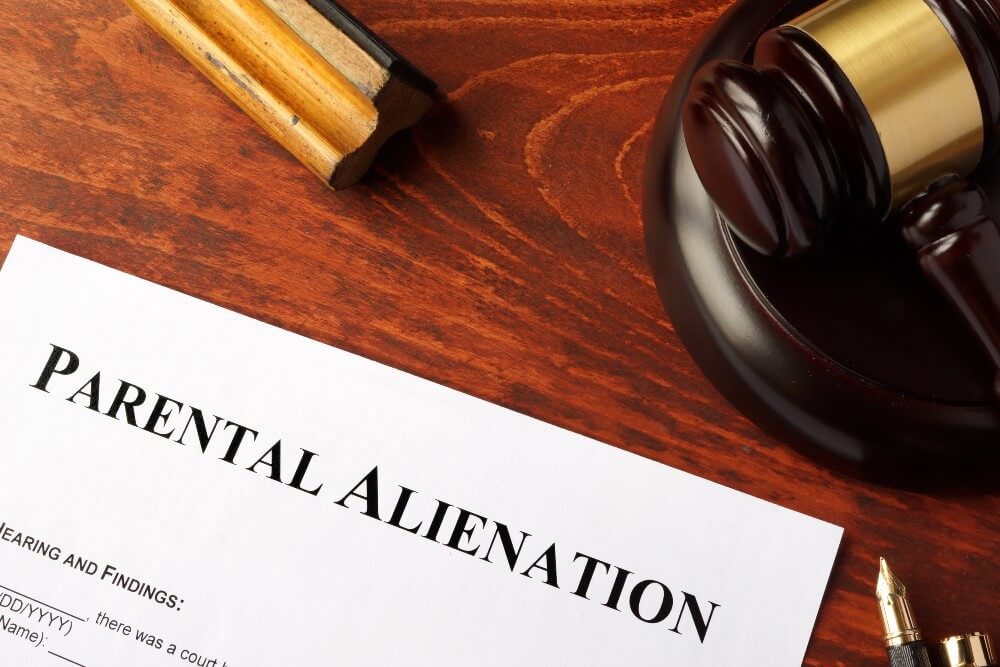What Is Parental Alienation?
Parental alienation is a hotly contested concept which is frequently raised in Family Court proceedings concerning child arrangements. In summary, it refers to one parent encouraging a child to hold negative feelings about the other parent to the extent that the child becomes ‘alienated’ from that other parent.
How does the Family Court identify parental alienation?
Regrettably, there are cases in which a child shows negative feelings towards a parent. They may even not want to spend time with that parent at all. However, this does not necessarily indicate parental alienation. A child’s negative feelings towards their parent have a variety of possible causes. The following are some of the most common:
- A child is simply not used to spending time with the parent in question. Change must be managed carefully for children.
- There have been difficult events in the past which impact the child’s memory of that parent. Such events may not be the fault of that parent and may have occurred a long time ago.
- The parent has behaved in a harmful way towards the child or been observed by the child to behave harmfully towards others. This may include emotional, physical or financial abuse. Allegations of domestic abuse may require a hearing to determine their veracity.
- Negative feelings have been inculcated by the other parent. Concerns must be of this type to suggest risk of alienation.
It is common for one party to allege domestic abuse and the other to allege parental alienation. The Court will need to determine which version of events is accurate.
Risk of parental alienation may be supported by evidence that the child has informed professionals of repeated derogatory statements made to them about one parent by the other. It may also be supported by the child making statements which appear to be quoted from an adult. This may be due to complex language or reference to events where they were not present. Another indicator is a child expressing a wish not to spend time with a parent but being unable to give a reason why. However, these indicators must be considered in the context of the case more broadly. Further, it will take some time for such behaviours to inculcate a situation of real alienation. The aim must be to avoid this situation.
What can the Family Court do about parental alienation?
There are a number of measures that the Court can take to address parental alienation. It may appoint a Children’s Guardian, a social worker whose role is to represent the interests of a child or children. However, such appointment will only be made where there is particularly serious concern. Further, such appointment must be made at an early stage in order to be effective, before the child’s views are mere reflections of their parent’s. The Court can also order psychological assessment of the family. If the Court finds that parental alienation has occurred, it may have a significant impact on the final decision made.
Parental alienation is complex and controversial. If you think it may be relevant to your case you should seek specialist legal advice.
Here to Help
If you need advice on any family matter, please get in touch with Tracey Dargan, Partner and Head of Family and Divorce.
This article is for information only and should not be relied upon as legal advice. If you need legal advice on the issues raised in this article or any other family law issue, please contact a member of our team.

